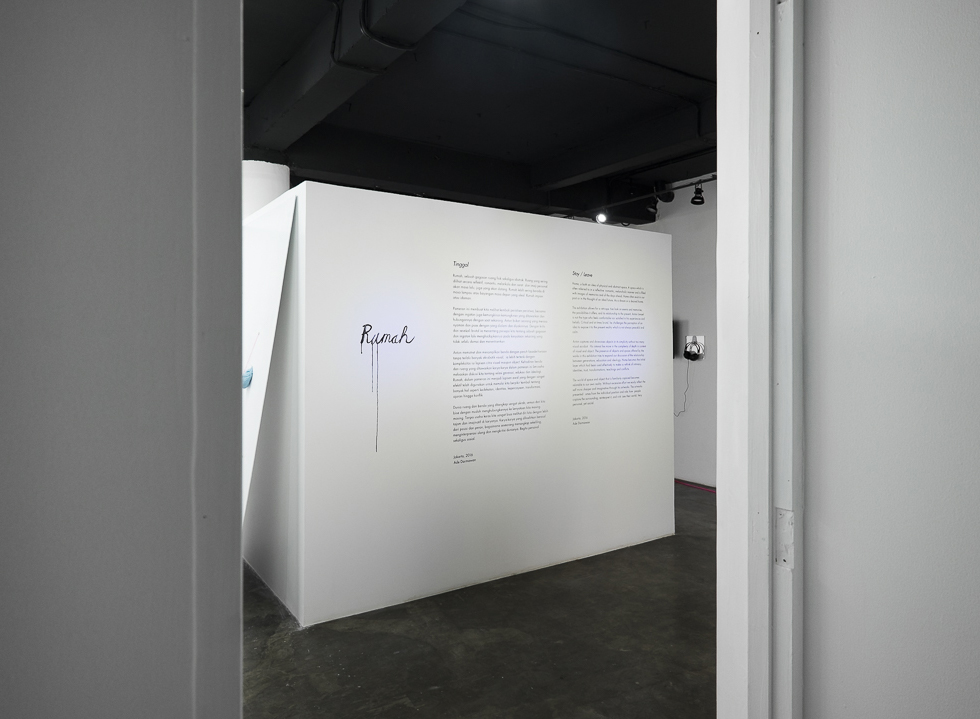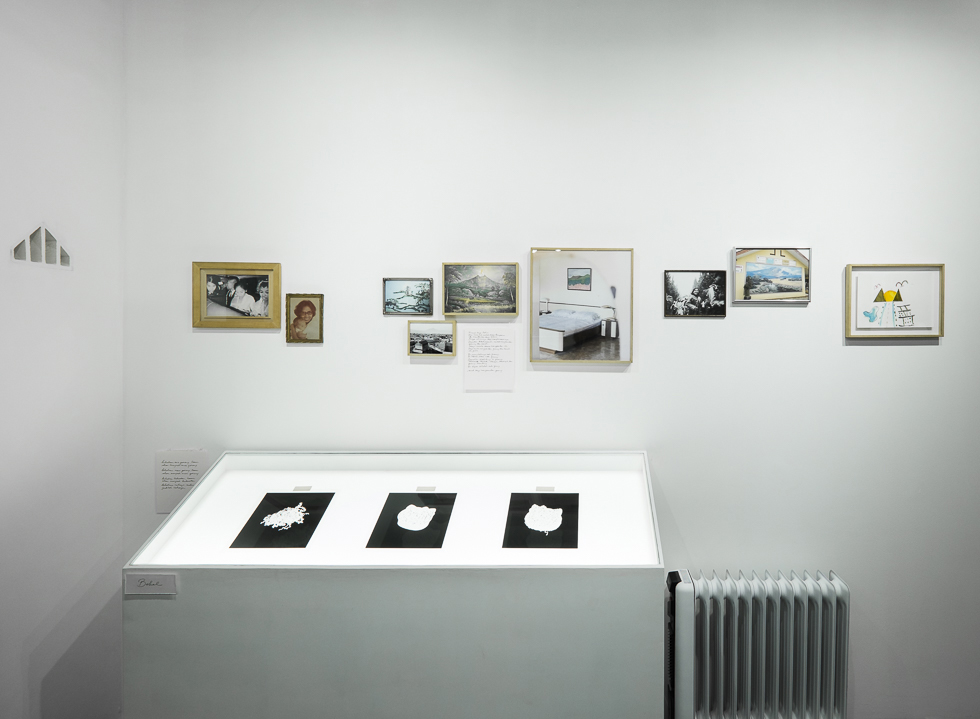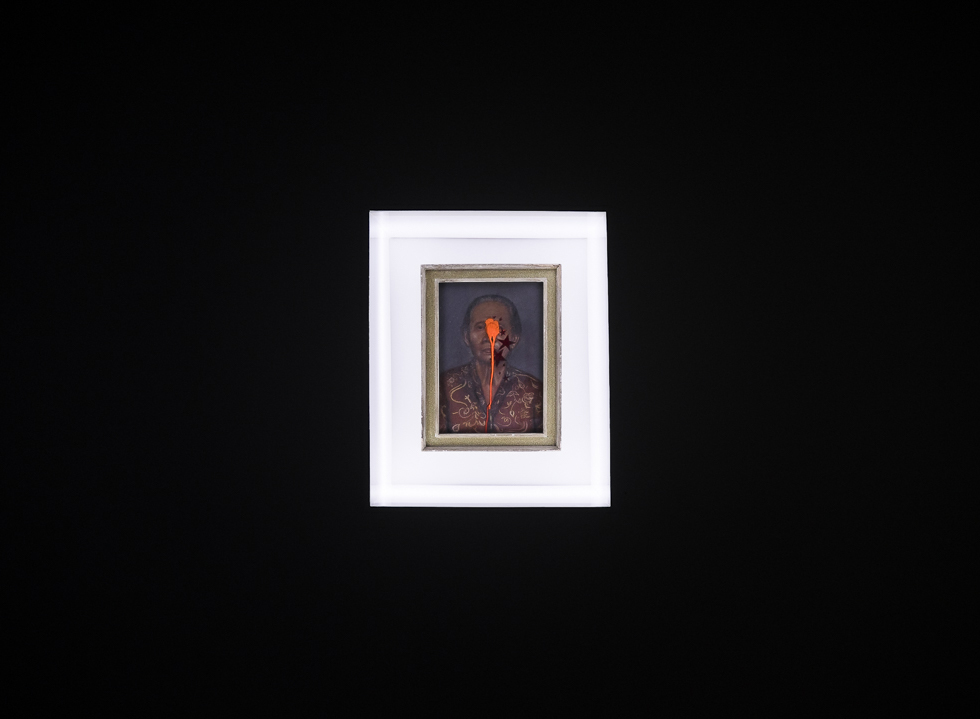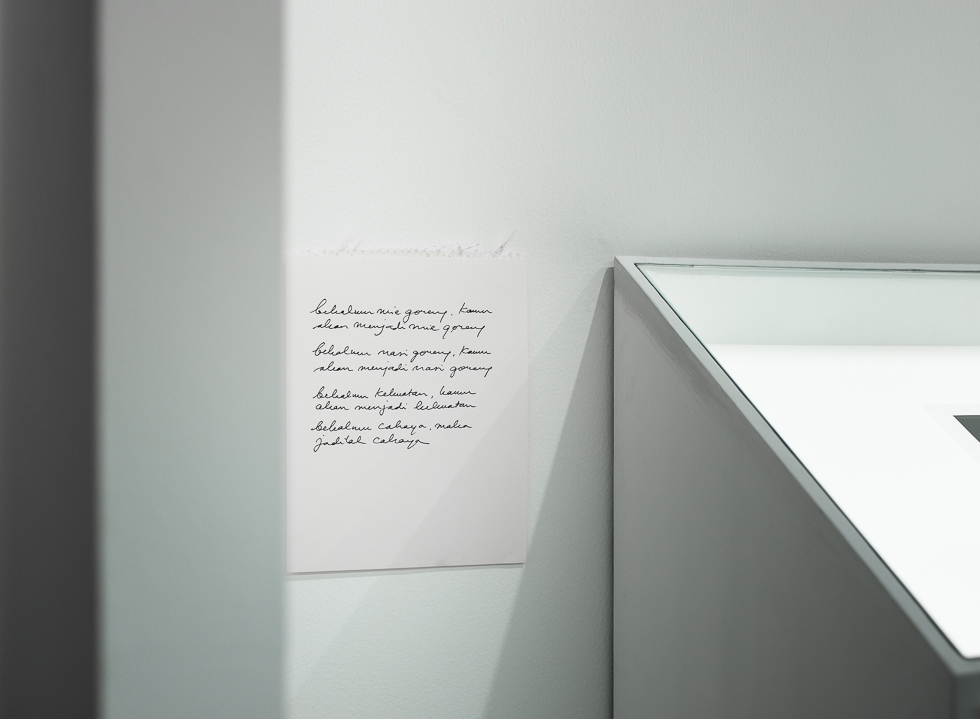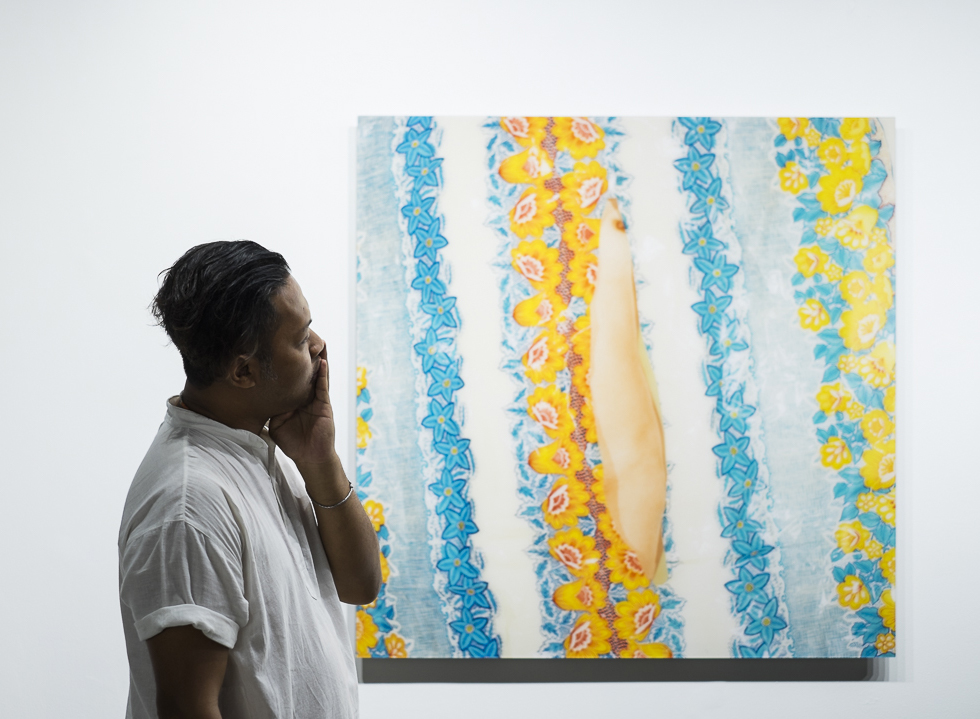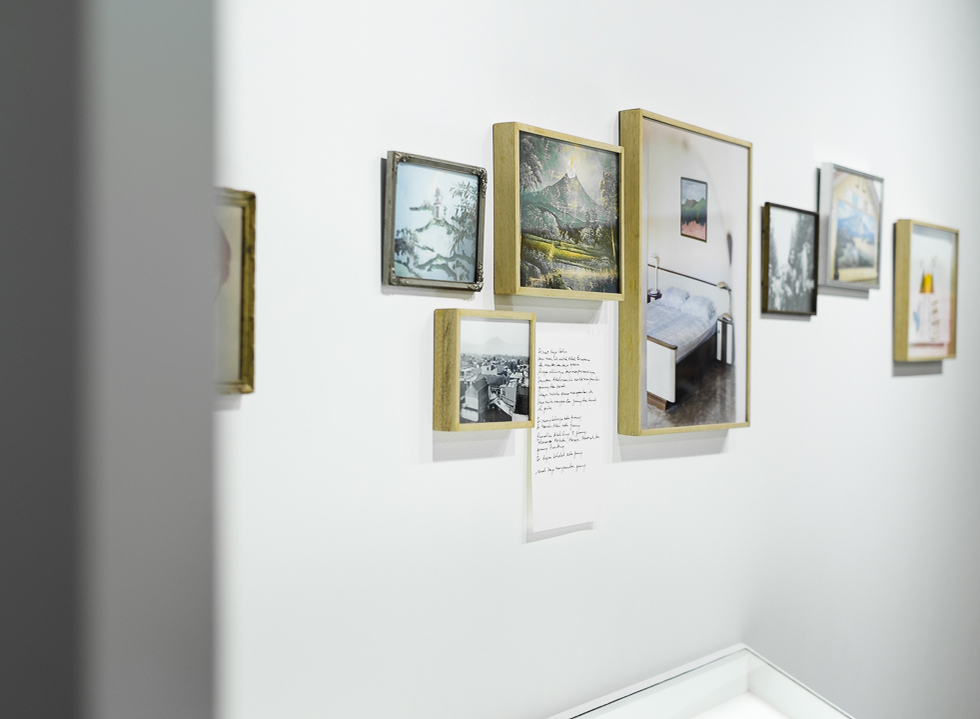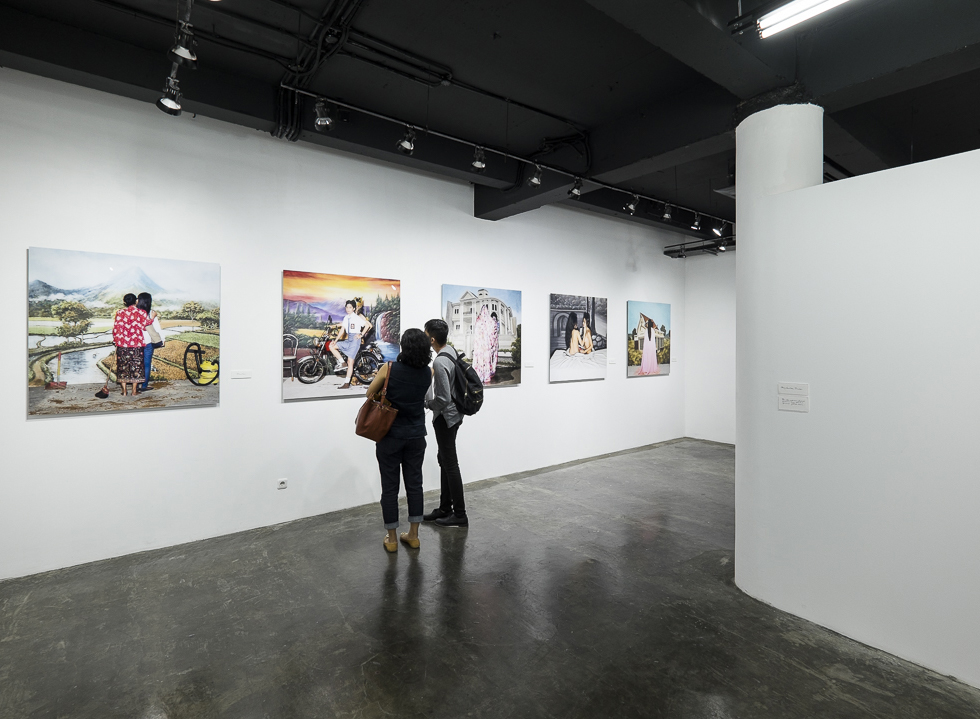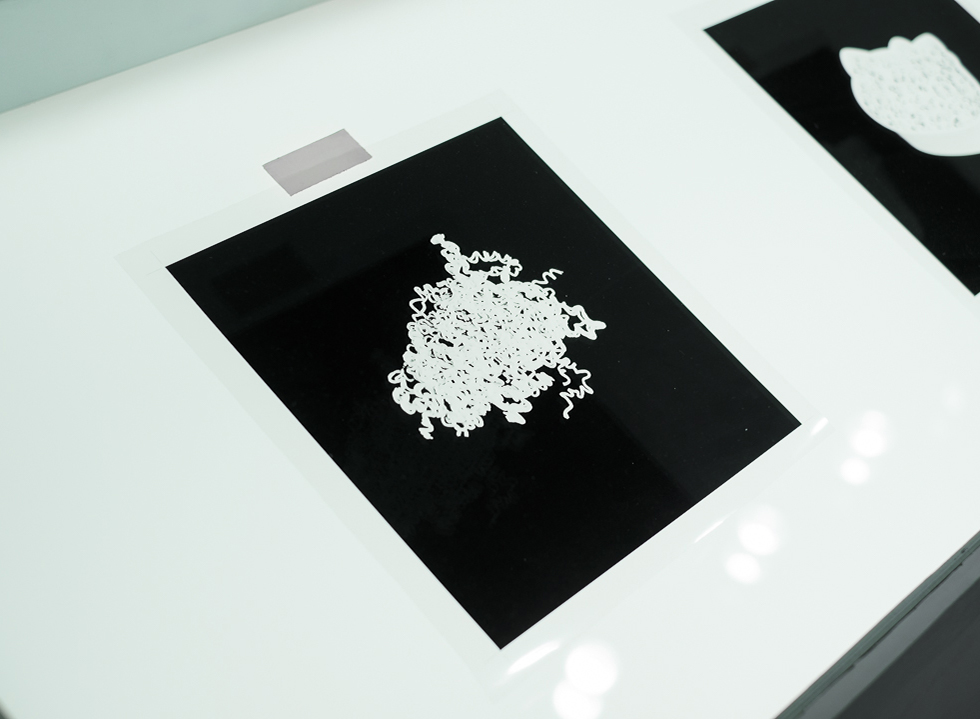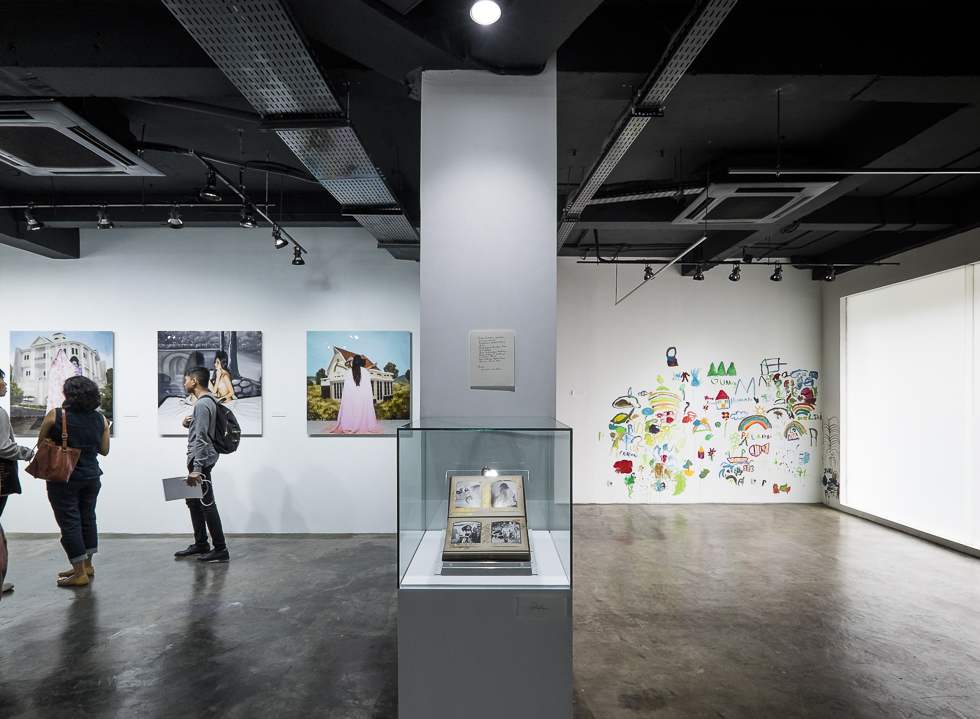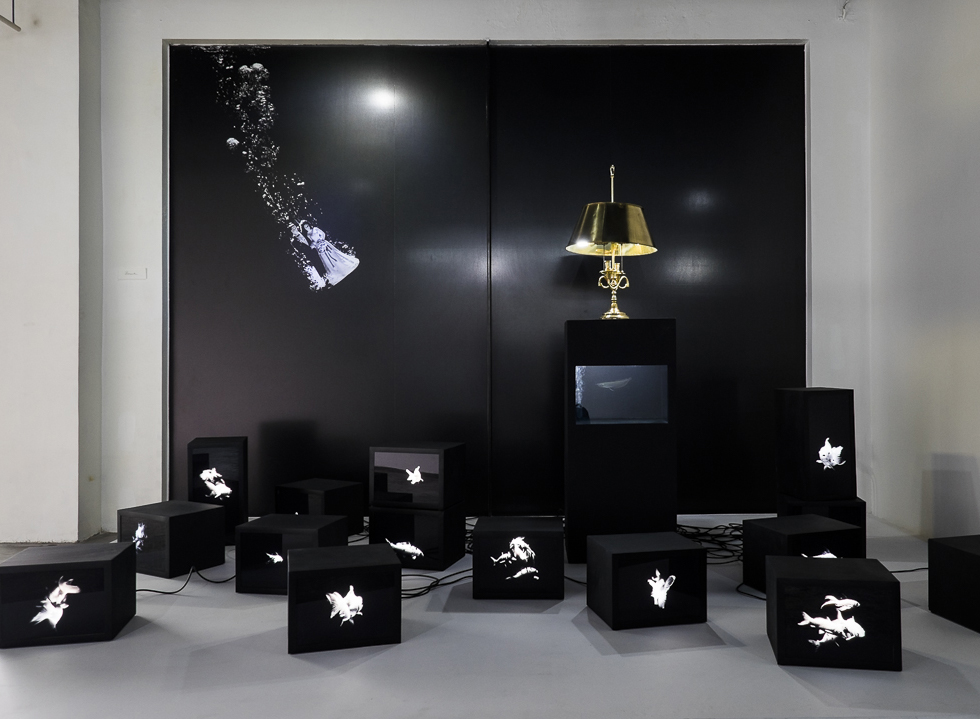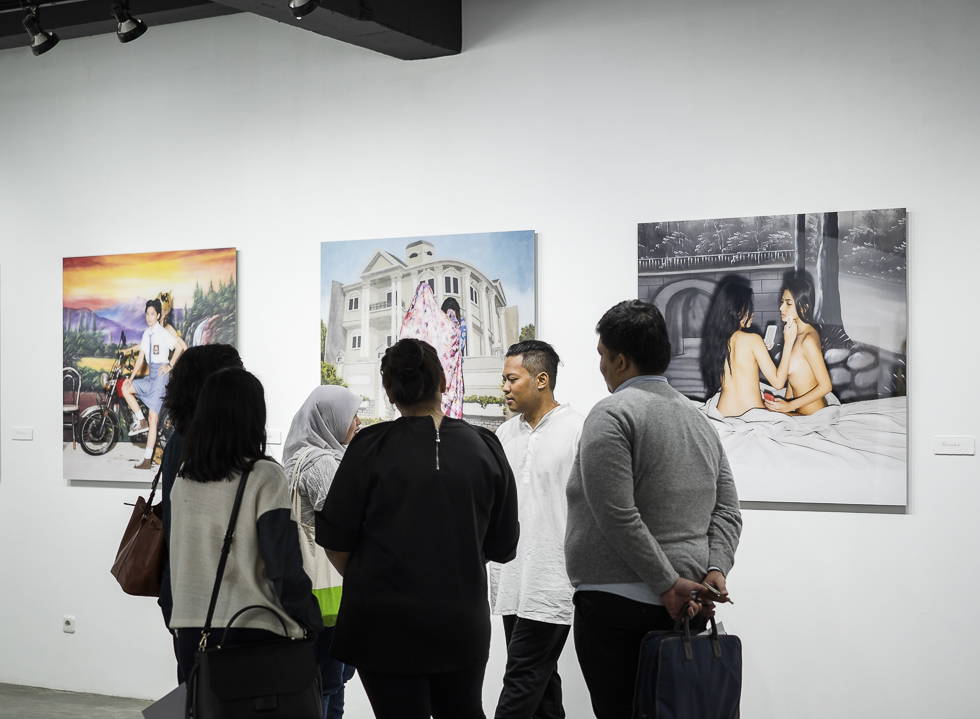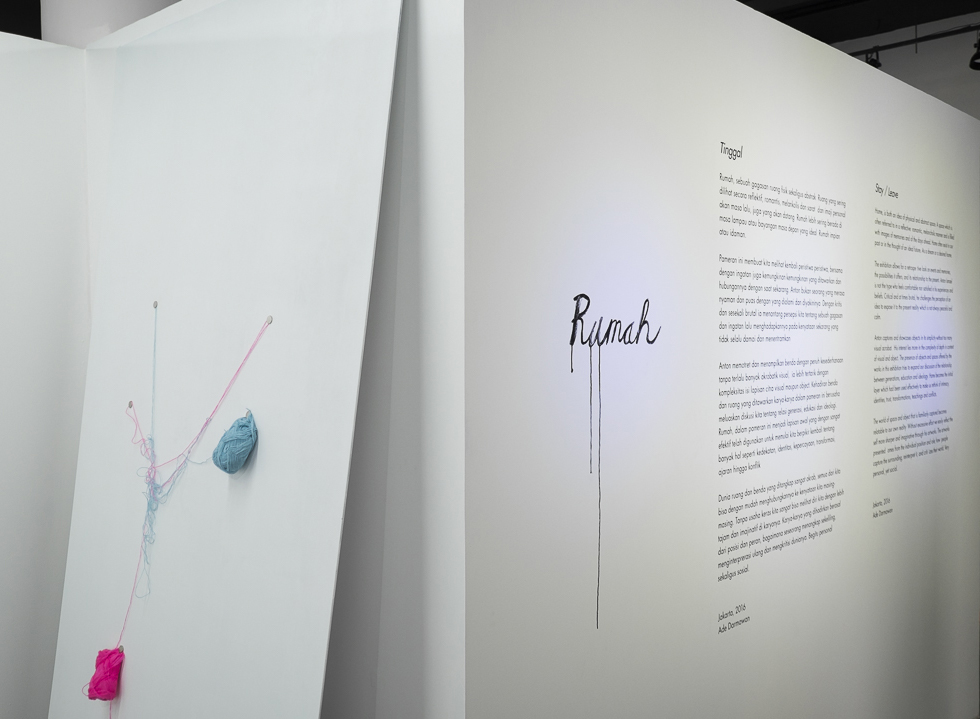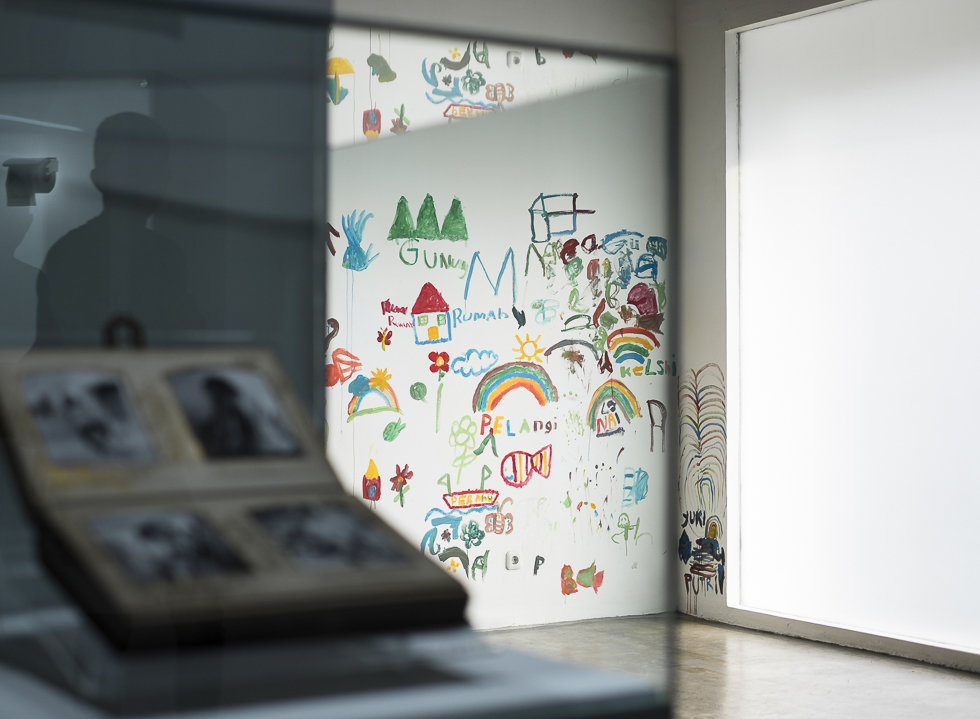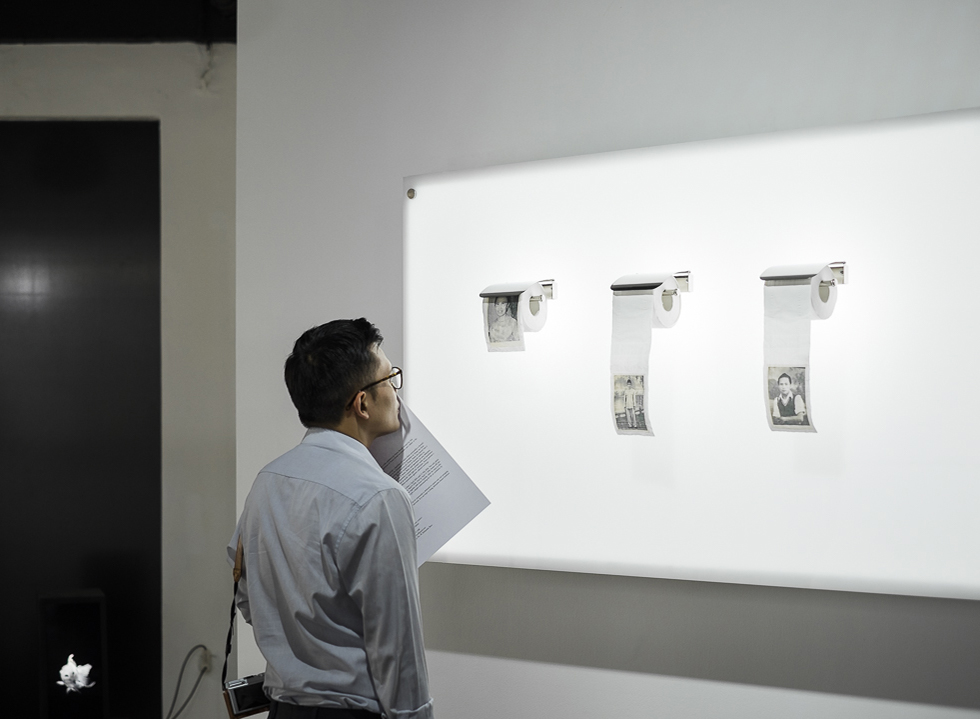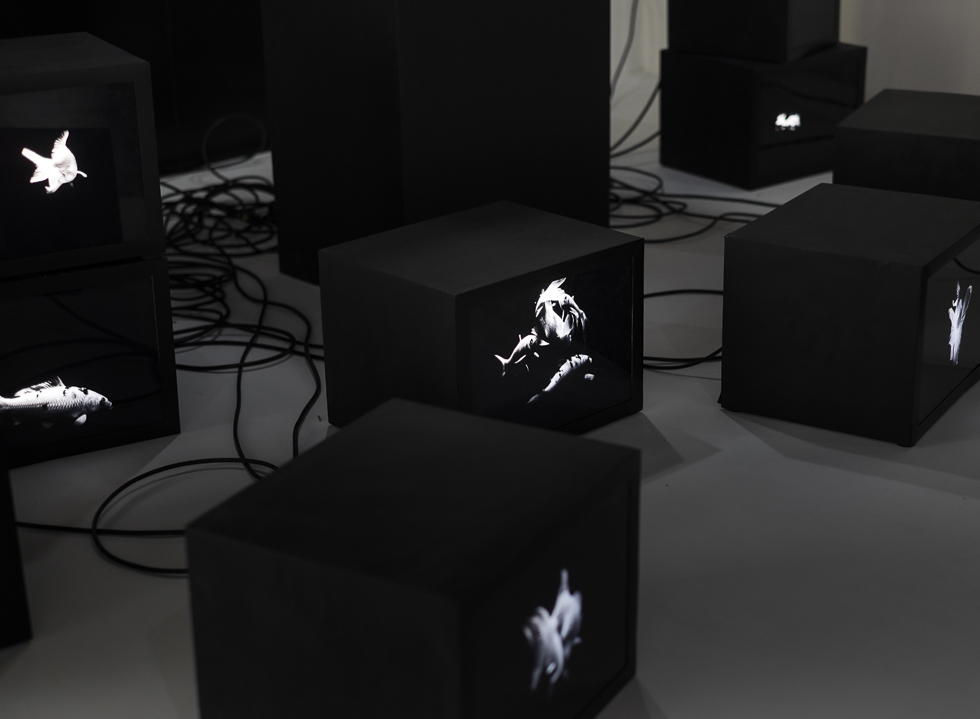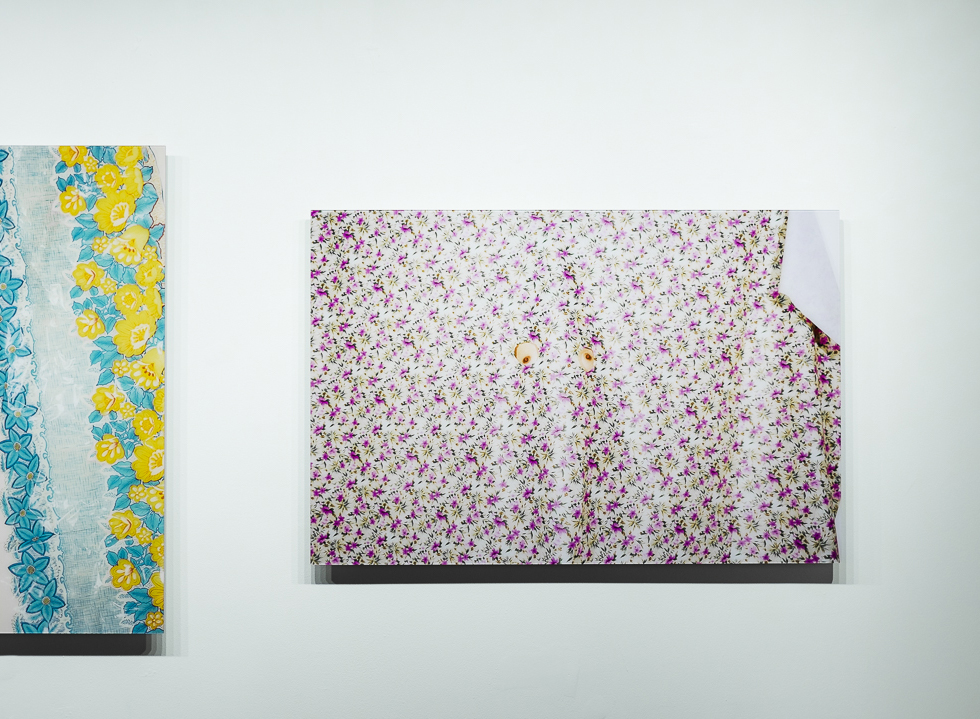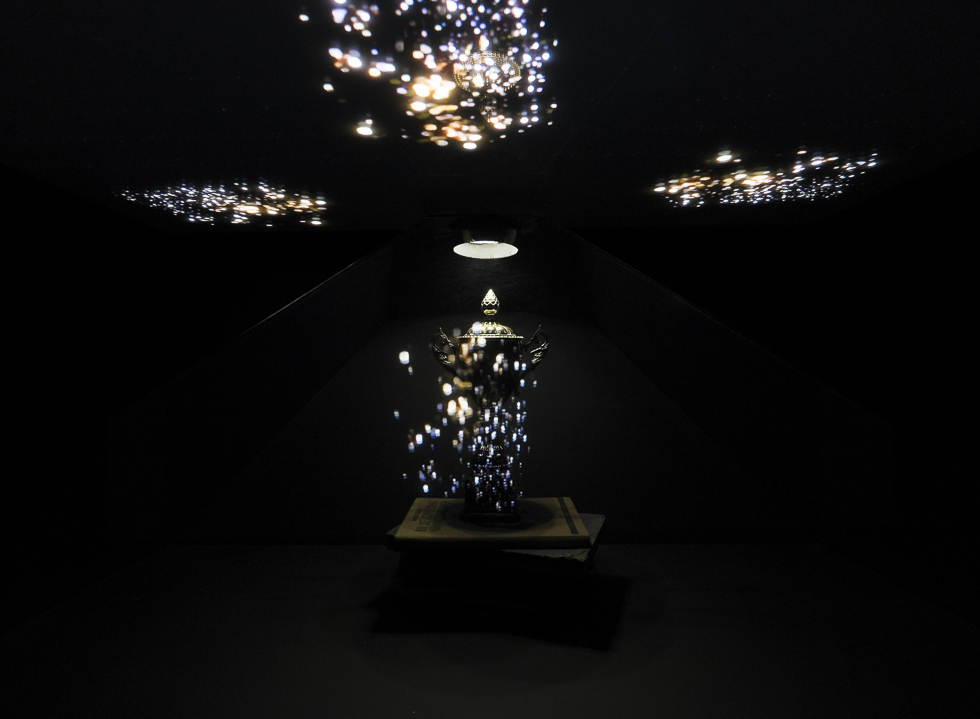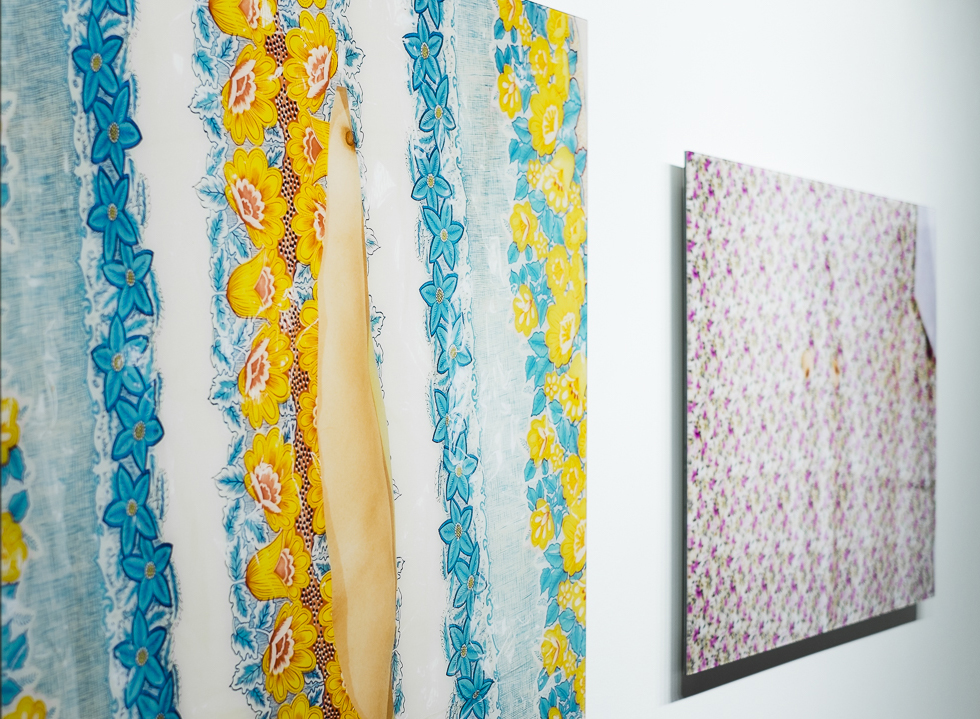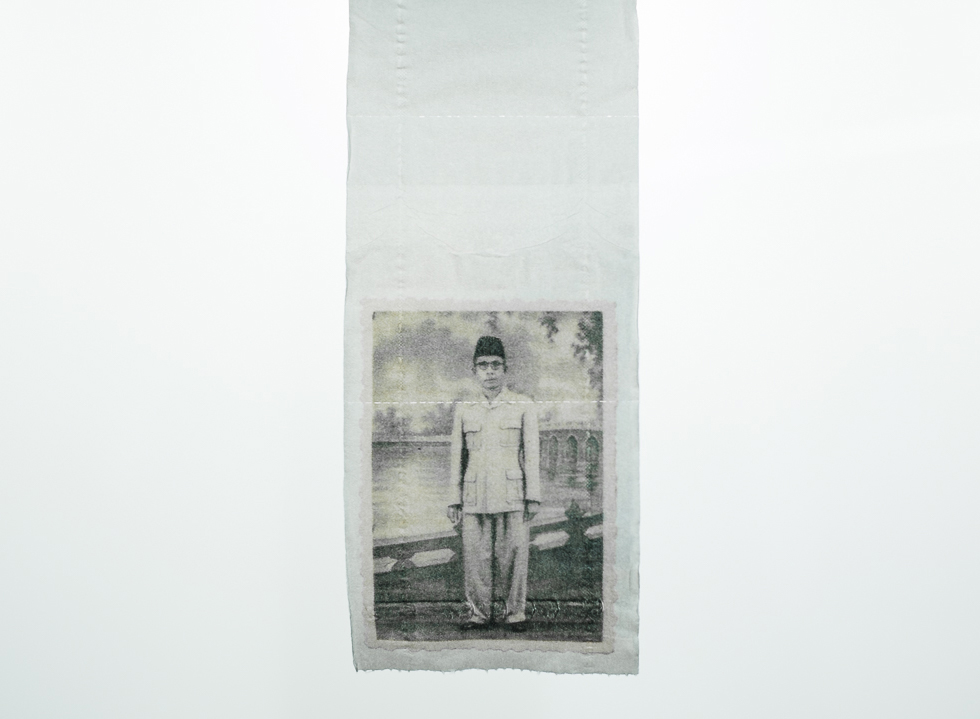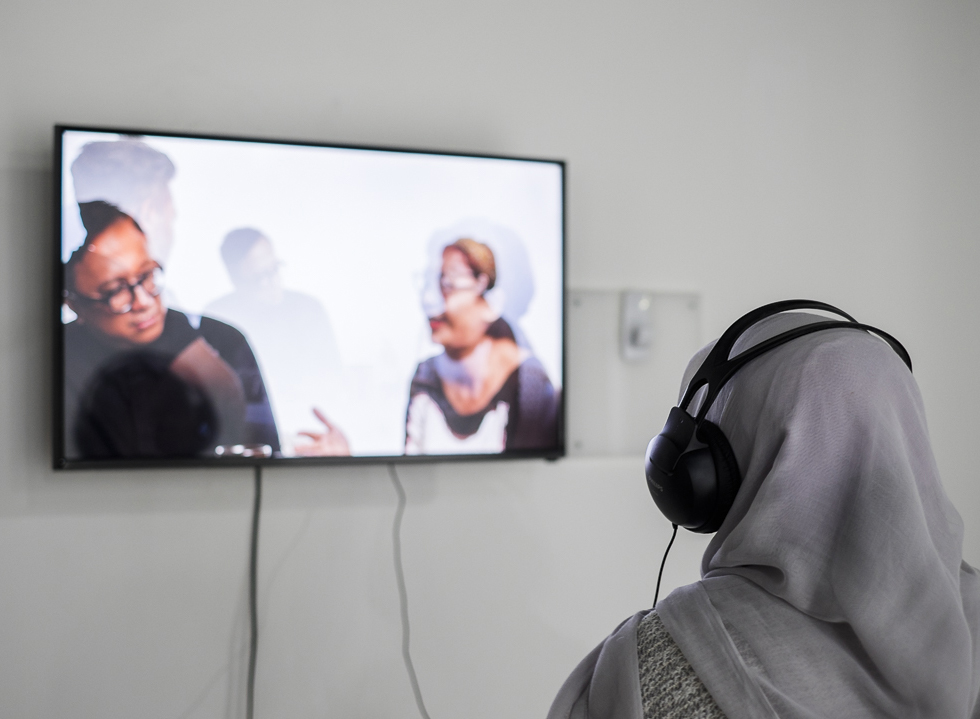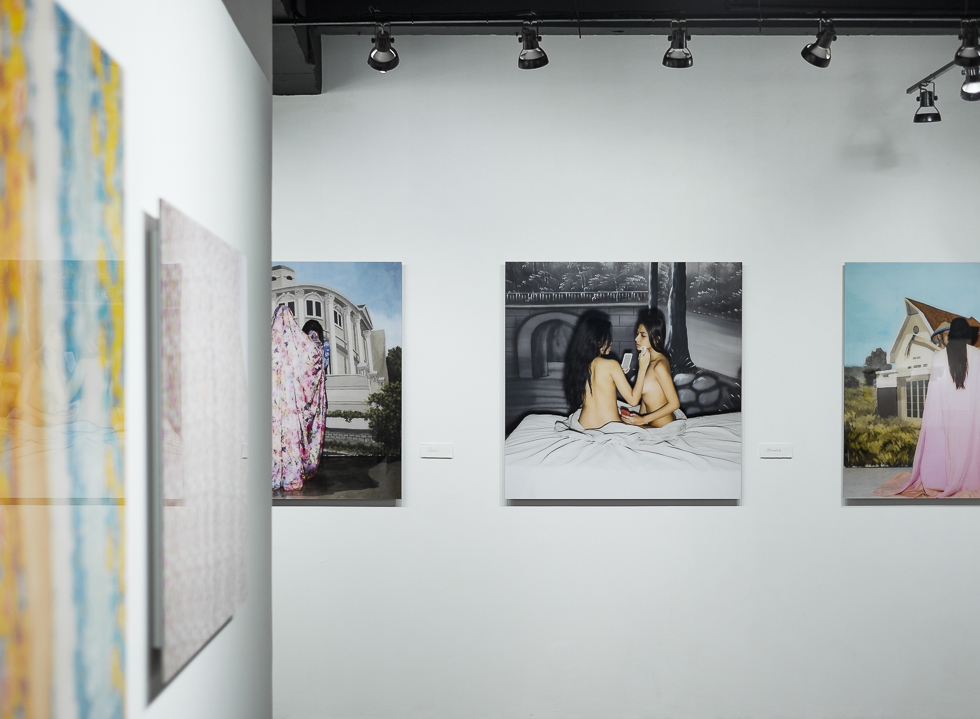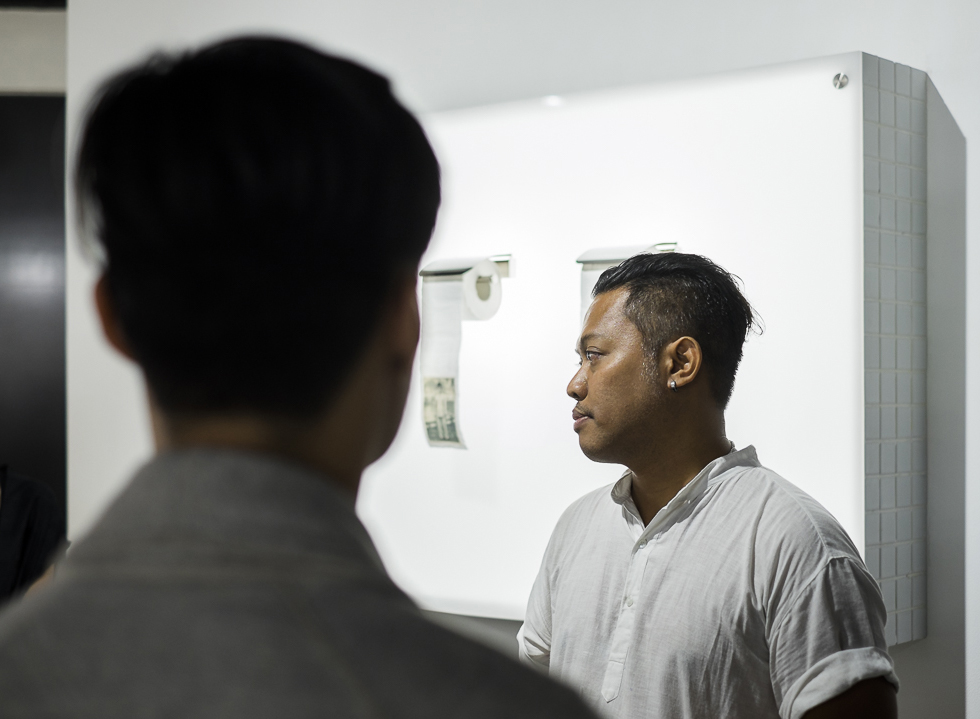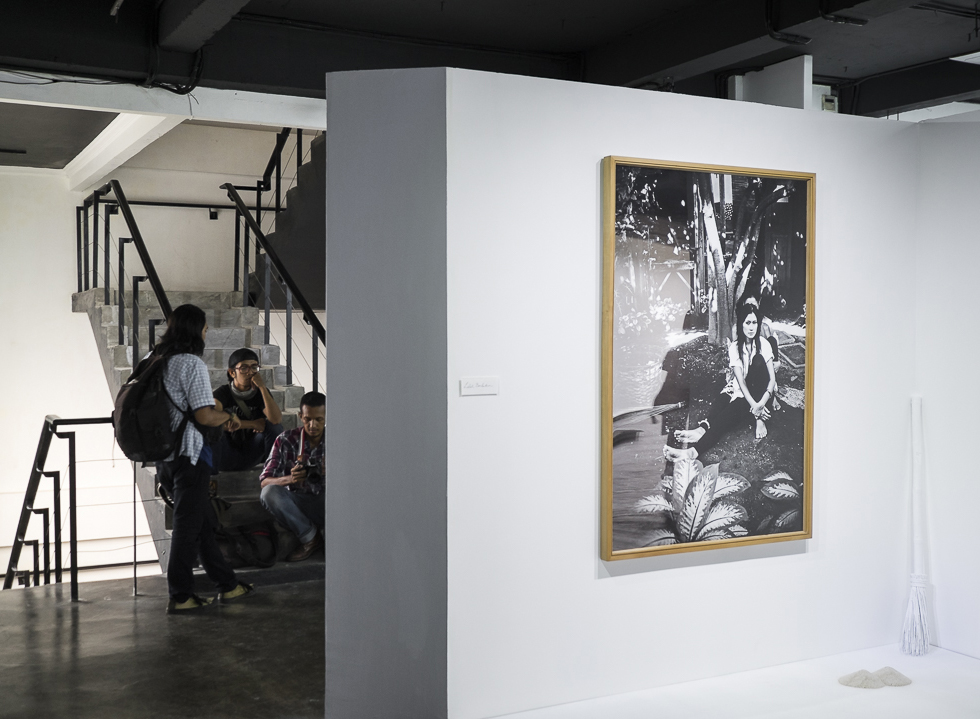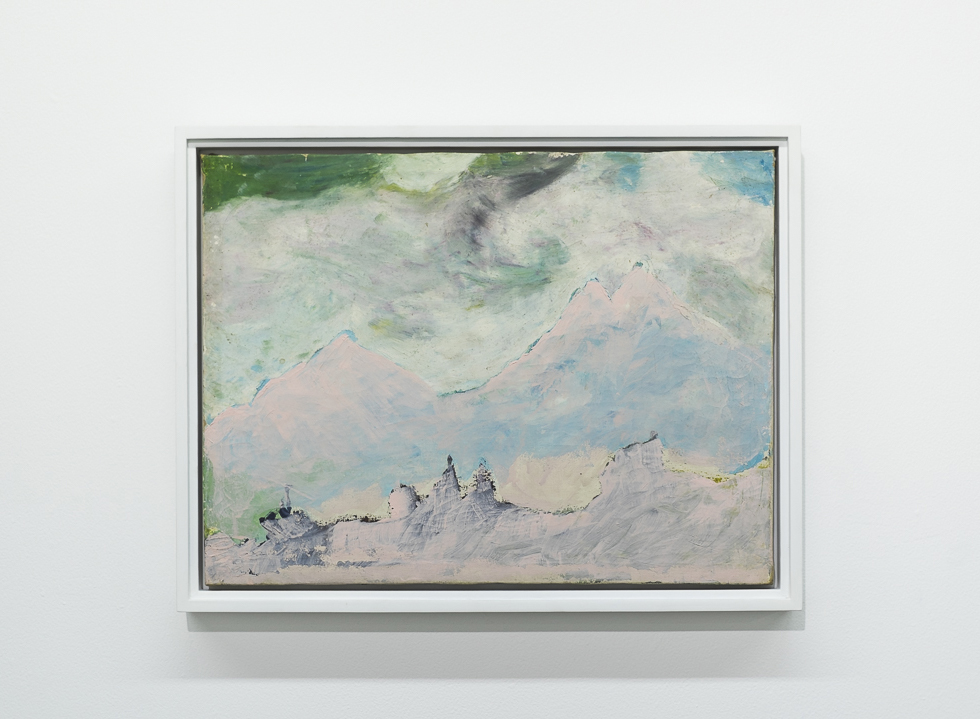To Anton Ismael, the old saying “home is where your heart is” doesn’t apply to him. Growing up as a child in an orthodox family in Jogjakarta had conjured up the gloomier side of home that has shaped Anton’s personality in so many ways. This is what pushes him to start “Rumah”, an exhibition at Ruci Art Space curated by Ade Darmawan.
“This other side of Rumah or home, has always been in front of all our faces. Yet, it goes unnoticed for most of the time,” said Anton. The idea came about not long ago, when he was teaching. One day, Anton – who prefers to be identified as a teacher rather than a professional photographer that he is well-known for – noticed how his students are a group of people with unique personalities and talents. This introduced a question in him, “How can each person have unique personality that’s different from one another?”
“Then I realised how the important building blocks of their characters heavily depended on the way they were brought up; who have they been living with, where, and what are their surroundings like. Basically, it all goes back to one’s home,” he summed. That home is an important “figure” who rears certain dogmas every person grows up believing in, is a subject matter he aims to project through “Rumah” exhibition. As he said, this exhibition could very well be a form of rebellious act against his family’s orthodox teachings.
Using various media such as digital and film photograph prints mounted on aluminium, art installations on mix media such as hanamulle paper (with archival prints) and light box, each installation is placed accordingly as to resemble a floorplan of a home.
We talked with Anton Ismael on his “Rumah” exhibition.
What is the meaning of home to you?
Home is a space with borderlines that shape our views and who we are. People say home brings you peace. For me, it’s the opposite. It rears a certain dogma, a doctrine, that we as the residents of our own house, have to carefully select which one we would like to adopt.
What was your childhood home like?
I lived in Jogjakarta, in a village that’s surrounded with four mountains. Interior-wise, there were a lot of mountain paintings and pictures in my house. I didn’t realise how living surrounded by mountains could be that impactful to our house and myself, because as a child, I often drew pictures of mountains. The mountain is a symbol of dogma that was bred in the house.
What are you trying to deliver through “Rumah”?
We are victims of our homes… There’s one installation titled the Shadow Series, it is a compilation of digital photograph images that underscores the fact that there’s always someone behind you that influences you and your personality. We will become that person if we spend much of our time with him or her. What I’m trying to say through these photos is that you are who you are, not someone else.
What’s your real experience of home?
My mother was a housewife, but she passed away when I was young. My dad worked in the army — he’s strict but liberal. He advised that instead of enrolling for tertiary education, it was better if I pursued something that I would enjoy.
Right now, as a father, I don’t want my daughter to experience what I had been through as a child. That’s why I kicked my 12-year-old daughter out of our house so that she could learn to be herself instead of becoming like us, her parents. It was a tough decision, but she’s been through a lot and there’s definitely changes. She’s living with her grandmother in Jogjakarta now.
How do you feel about this exhibition?
This is my first artistic exhibition that doesn’t focus entirely on photography. I wanted to give the best for this exhibition. But I questioned myself again before I started, what does “the best” actually mean? Then I found out that “the best” means being personal, sharing my story and all the goodness that can be reaped from my life. I believe if we started with something good, it will all ends well. I think this relates well to everyone.
Rumah by Anton Ismael runs at Ruci Art Space until May 1, everyday from 11am-7pm.
